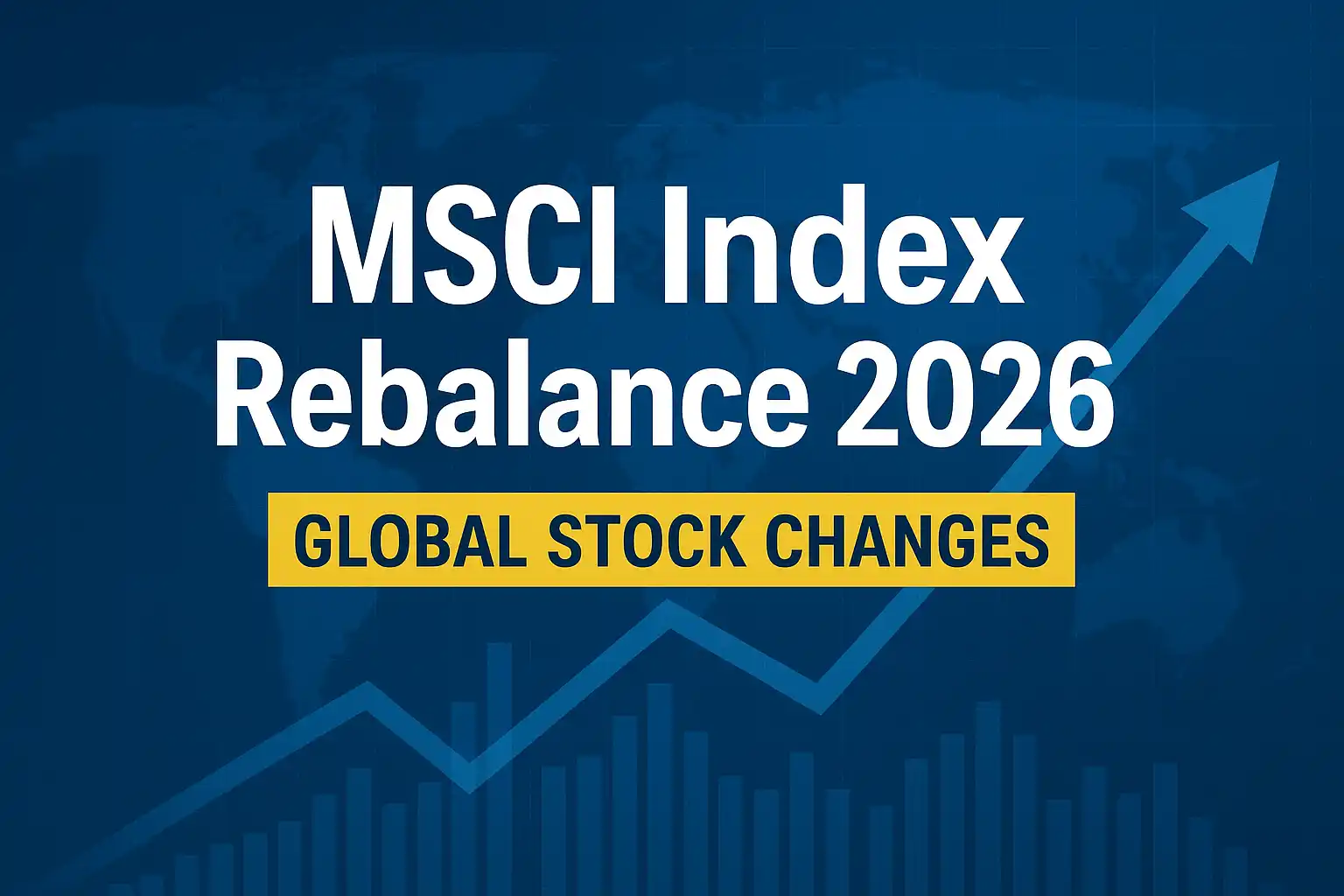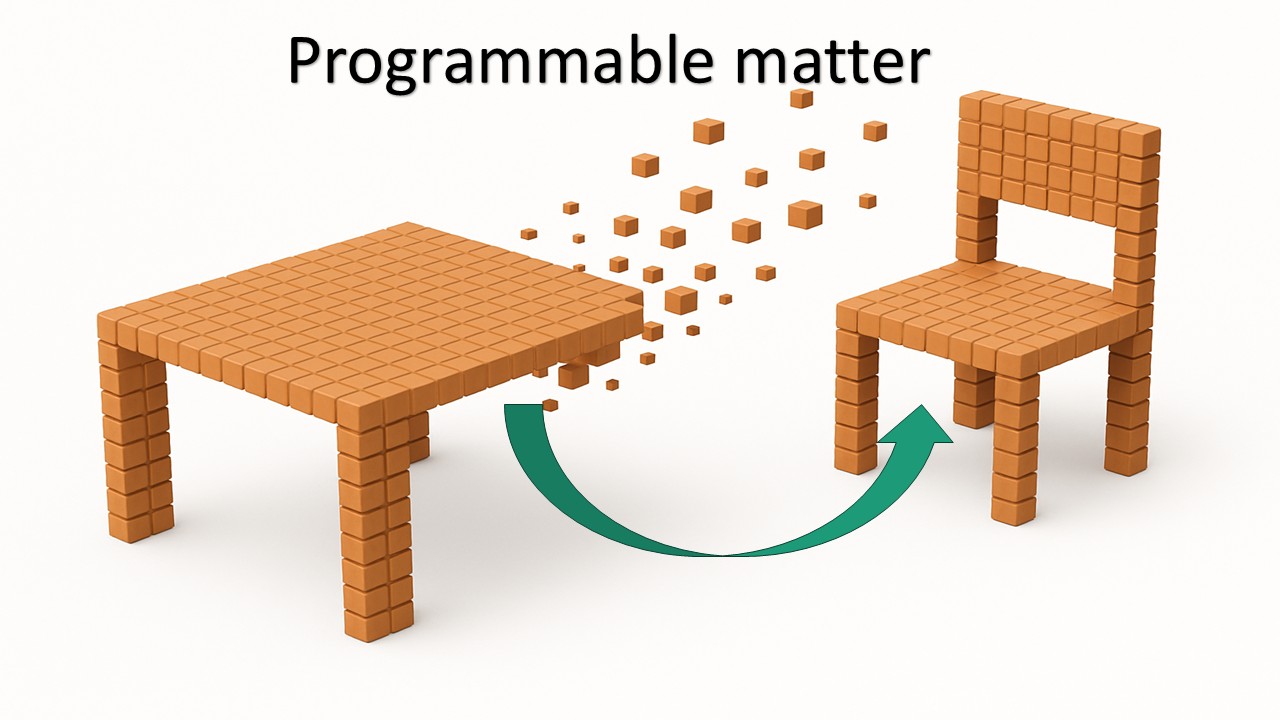
हिंदी में पढ़ने के लिए मेनू बार से हिंदी भाषा चयन करें।
Published on: June 22, 2025 | Source: SEBI Circular & BSE/NSE Press Release
The Securities and Exchange Board of India (SEBI) has introduced a major reform in the Indian derivatives market. In a circular issued on June 20, 2025, SEBI approved a proposal to restructure the weekly expiry days of derivative contracts across India’s leading stock exchanges.
Under the new rule, the National Stock Exchange (NSE) and the Bombay Stock Exchange (BSE) will have separate expiry days for weekly derivatives. This new arrangement will come into effect from September 1, 2025.
📘 What Are Derivatives?
A derivative is a financial contract whose value is derived from an underlying asset, such as stocks, indices, commodities, or currencies. Traders use derivatives to hedge risk, speculate on price movements, or increase leverage.
Common Types of Derivatives:
- Futures Contracts – Agreements to buy/sell an asset at a predetermined price at a future date.
- Options Contracts – Give the buyer the right, but not the obligation, to buy or sell an asset at a specified price before expiry.
In all derivative contracts, the expiry date is extremely important — it’s the final day the contract remains valid.
📅 What Is Derivative Expiry?
Derivative expiry refers to the date when a derivative contract becomes void or settles. On this date, traders must either close their positions, carry them forward, or let them expire as-is.
Until now, both NSE and BSE had Thursday as their standard weekly expiry day. Due to NSE’s dominant market share, most of the liquidity flowed there, leaving BSE with limited participation.
🔄 What Do “Square Off” and “Roll Over” Mean?
Understanding these two concepts is vital for any trader:
Square Off:
To square off means to close your open position before or on the expiry date.
Example: If you bought a NIFTY futures contract and sold it before expiry, you have squared off your position.
🔁 Roll Over:
To roll over means to shift your position from the current expiry to a future expiry by closing the current contract and opening a new one for the next month.
Example: Selling the June futures and buying the July futures of the same index is called rolling over.
What Has SEBI Changed?
SEBI has approved different expiry days for NSE and BSE to improve market efficiency and balance liquidity:
| Exchange | New Weekly Derivative Expiry Day |
| NSE | Tuesday |
| BSE | Thursday |
This change will be implemented from September 1, 2025.
🎯 Objective Behind the Change
SEBI’s key goals with this new rule are:
- Improve Liquidity Distribution
Traders will now have two active expiry days, potentially boosting volumes on both exchanges. - Increase Arbitrage Opportunities
Different expiry days allow traders to exploit pricing differences between exchanges. - Reduce Systemic Risk
Splitting expiry events reduces heavy single-day volatility. - Encourage Retail Participation
More frequent expiry opportunities will attract new traders and boost engagement.
📈 Reactions from NSE and BSE
- NSE has welcomed the move and confirmed that it will shift its weekly expiry to Tuesdays. This applies to major contracts like NIFTY and BANKNIFTY.
- BSE will continue with Thursday as the expiry day for its indices, including SENSEX-based contracts, giving traders more flexibility.
👥 How Will Traders Be Affected?
The change is expected to benefit both retail and institutional participants:
- Intraday and options traders can now plan trades across two different expiry days.
- Arbitrageurs will have more windows to spot price gaps and profit from them.
- Fund managers can manage risk and rollovers more efficiently.
- Initial confusion may occur, but exchanges are expected to issue detailed guidelines and conduct awareness programs.
What Market Experts Are Saying
“SEBI’s decision will strengthen India’s market structure by giving both exchanges room to grow. Liquidity will improve, and traders will benefit from flexibility.”
— Ravi Subramanian, Head of Derivatives, Axis Securities
“Retail investors will now have more expiry-related strategies at their disposal, which was earlier mostly limited to Thursdays.”
— Shweta Kapoor, Senior Analyst, Zerodha
What Should You Do As a Trader?
Here are key takeaways and action points for active traders:
- Update your trading calendar to align with the new expiry schedule.
- Adjust your strategies to benefit from the Tuesday-Thursday expiry setup.
- Use the opportunity to experiment with short-term expiry trades and arbitrage.
- Be alert to liquidity changes on both platforms post-implementation.
📌 Final Thoughts
This step by SEBI is a structural reform that will reshape India’s derivatives market. By splitting expiry days between NSE and BSE, SEBI aims to create a healthier trading ecosystem, foster competition, and attract more participation.
As the implementation date approaches, traders should prepare by modifying their strategies and understanding the nuances of trading across different expiry schedules.
🔗 Source of Information:
- SEBI Circular (June 20, 2025): SEBI Official Website
- BSE & NSE Press Releases: www.bseindia.com, www.nseindia.com




































































